The crisis, which has caused the increase in excise duty on heating oil for domestic use, has driven Greek media to make a comparative analysis of eight different heating methods for the Greeks to choose from this season. A flat of 100 square metres is taken as an example. Said flat needs 1,200 litres of heating oil for the winter season. In October 2011, the price per litre of heating oil ranged between 0.90 and 0.92 euro. This winter, it starts from 1.40 euro per litre, which means that the household of the example flat must spend 1,680 euro for heating in the traditional way.
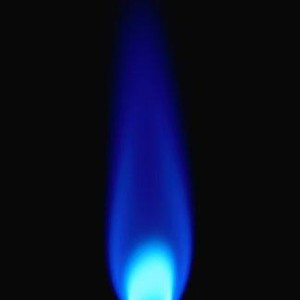 The situation with natural gas seems much better. The total energy of natural gas, which the family in that particular flat is estimated to use, is 12,630 kWh. At a price of 0.077 euro per kWh, the household will pay around 972 euro for winter 2012-2013. Other advantages of this type of heating is that consumers do not need to worry that the supplier will cheat them as far as the price or the quantity of fuel are concerned as is often the case with the fuelling of the local oil storage unit in the building. Those who are not yet connected to the gas supply network must make an investment of 3,500 to 4,500 euro (if the building has at least 15 flats). Changing the boiler of the building would cost another 6,500-7,000 euro, but it can be repaid in three years. A problem, which cannot be solved at present, is that the gas network in Attica and other areas is not fully developed and many neighbourhoods remain outside the scope of gasification plans.
The situation with natural gas seems much better. The total energy of natural gas, which the family in that particular flat is estimated to use, is 12,630 kWh. At a price of 0.077 euro per kWh, the household will pay around 972 euro for winter 2012-2013. Other advantages of this type of heating is that consumers do not need to worry that the supplier will cheat them as far as the price or the quantity of fuel are concerned as is often the case with the fuelling of the local oil storage unit in the building. Those who are not yet connected to the gas supply network must make an investment of 3,500 to 4,500 euro (if the building has at least 15 flats). Changing the boiler of the building would cost another 6,500-7,000 euro, but it can be repaid in three years. A problem, which cannot be solved at present, is that the gas network in Attica and other areas is not fully developed and many neighbourhoods remain outside the scope of gasification plans.
Using an air conditioner for heating is another alternative to the Greeks this winter. The total power to 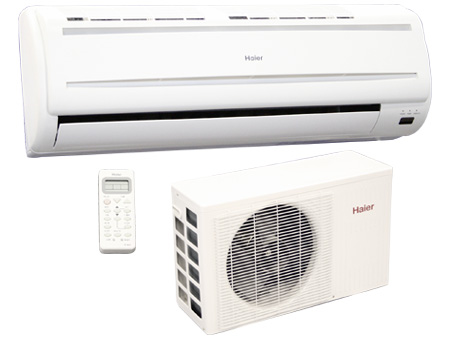 maintain normal room temperature in a flat of 100 square metres during the season is 7,270 kWh. The price of electricity is 0.20 euro per kWh and the household in our example will pay 1,454 euro in the winter. The advantage of this option is that most buildings and flats in Greece have a built-in air conditioner because of the summer heat. Moreover, the costs of heating will come in stages and the household will not have to pay the full amount of the fuel required at once. The disadvantages of this option are that the heat from this source is not lasting, it dries the air and long-term stay in a room with a working air conditioner is damaging to breathing and can lead to eye sensitivity.
maintain normal room temperature in a flat of 100 square metres during the season is 7,270 kWh. The price of electricity is 0.20 euro per kWh and the household in our example will pay 1,454 euro in the winter. The advantage of this option is that most buildings and flats in Greece have a built-in air conditioner because of the summer heat. Moreover, the costs of heating will come in stages and the household will not have to pay the full amount of the fuel required at once. The disadvantages of this option are that the heat from this source is not lasting, it dries the air and long-term stay in a room with a working air conditioner is damaging to breathing and can lead to eye sensitivity.
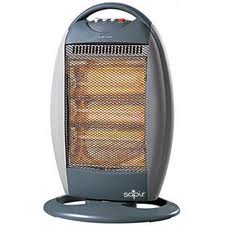 Heating devices such as electric stoves and heaters consume more power compared to air conditioners and need 1,236 kWh. So, the total cost of the heating season is expected to reach 2,472 euro. They are one of the fastest, but also one the most unfavourable solutions for a household. Their price is low, but the cost of the energy consumed remains very high.
Heating devices such as electric stoves and heaters consume more power compared to air conditioners and need 1,236 kWh. So, the total cost of the heating season is expected to reach 2,472 euro. They are one of the fastest, but also one the most unfavourable solutions for a household. Their price is low, but the cost of the energy consumed remains very high.
Pellet stoves are a favourable option too. Depending on the quality and size, the price of the special 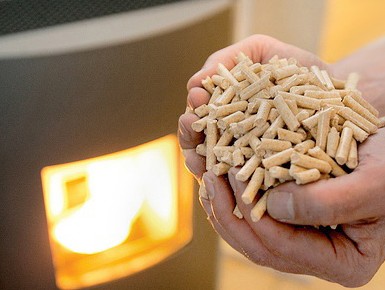 ovens varies between 800 and 2,000 euro. Pellets are wood chips compressed under high pressure and their moisture content is only 10%. The amount a pellet stove consumes is between four and five tons. The average value per kilo is 0.28 euro, which means that the household will pay between 1,120 and 1,400 euro during the heating season. The initial investment must include the cost of installation and the cost of a chimney for the harmful gases. You should secure a place to store the pellets and clean the stove on a regular basis.
ovens varies between 800 and 2,000 euro. Pellets are wood chips compressed under high pressure and their moisture content is only 10%. The amount a pellet stove consumes is between four and five tons. The average value per kilo is 0.28 euro, which means that the household will pay between 1,120 and 1,400 euro during the heating season. The initial investment must include the cost of installation and the cost of a chimney for the harmful gases. You should secure a place to store the pellets and clean the stove on a regular basis.
 Biomass combustion is more efficient than pellet stoves. The biomass is an organic matter of vegetable or animal origin, which may contain wood, plants, residues from agriculture and forestry, and the organic components of municipal and industrial waste. A household needs an average of three to four tons of biomass per year for heating. The average price per kilo of biomass is around 0.28 euro, making the total cost of heating during the winter season between 840 and 1,120 euro. The purchase of a boiler for biomass combustion will cost between 2,500-5,000 euro and it is extremely important to clean it regularly.
Biomass combustion is more efficient than pellet stoves. The biomass is an organic matter of vegetable or animal origin, which may contain wood, plants, residues from agriculture and forestry, and the organic components of municipal and industrial waste. A household needs an average of three to four tons of biomass per year for heating. The average price per kilo of biomass is around 0.28 euro, making the total cost of heating during the winter season between 840 and 1,120 euro. The purchase of a boiler for biomass combustion will cost between 2,500-5,000 euro and it is extremely important to clean it regularly.
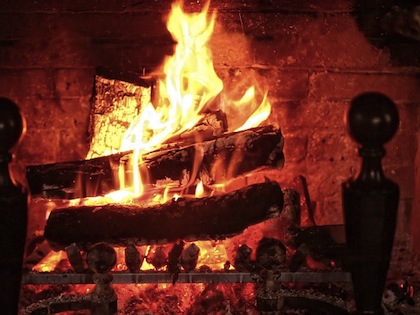 Energy-saving fireplaces are increasingly popular, with which the savings compared to conventional fireplaces can reach 75%. They give more heat with less quantity of firewood and special pipes and openings additionally allocate hot air. The reconstruction of a fireplace into an energy-saving one will cost around 3,000 euro. Seven tons of firewood are necessary for the heating of an living area of 100 square metres, which will cost a household around 1,400 euro for the season.
Energy-saving fireplaces are increasingly popular, with which the savings compared to conventional fireplaces can reach 75%. They give more heat with less quantity of firewood and special pipes and openings additionally allocate hot air. The reconstruction of a fireplace into an energy-saving one will cost around 3,000 euro. Seven tons of firewood are necessary for the heating of an living area of 100 square metres, which will cost a household around 1,400 euro for the season.
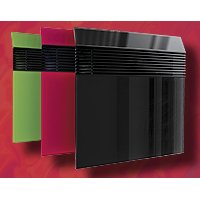 Radiant heating panels have recently become widespread in the Greek market. They can be installed on walls and ceilings, and their prices range from 300 to 500 euro. Distributors claim that heating a room with this type of panel does not exceed 400 euro per year. Greek analysts have estimated that the electricity cost of heating of 100 square metres will vary from 810 to 1,110 euro. The panels must be installed to heat other objects in the room, because they are less efficient if they heat only the air.
Radiant heating panels have recently become widespread in the Greek market. They can be installed on walls and ceilings, and their prices range from 300 to 500 euro. Distributors claim that heating a room with this type of panel does not exceed 400 euro per year. Greek analysts have estimated that the electricity cost of heating of 100 square metres will vary from 810 to 1,110 euro. The panels must be installed to heat other objects in the room, because they are less efficient if they heat only the air.